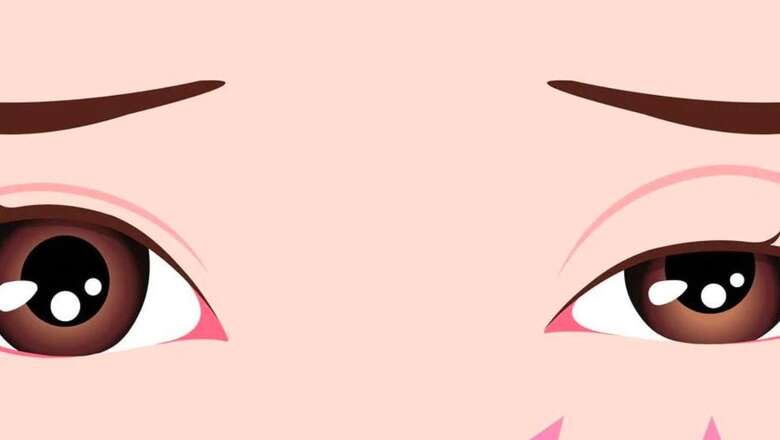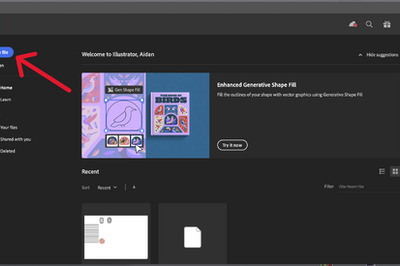
views
Veteran actress Zeenat Aman recently posted on social media that she was suffering from a disease called Ptosis. She had received an injury to her eye 40 years ago resulting in the condition. She said that she had undergone a corrective surgery recently to get rid of the disease. This piece of news brought to the attention of the general public the disease called Ptosis.
Ptosis is an ocular disorder characterised by a downward bend in the eyelids, causing the patient visual difficulties. However, the patient can be cured if they recognise the disease’s symptoms early and receive therapy. But what exactly is toriasis, one wonders? What are the signs and how do you avoid it? Government Medical College ophthalmologist Dr. Alok Ranjan provides a detailed explanation of this illness.
The levator palpebrae superioris (LPS) muscle is responsible for lifting and maintaining the position of the top eyelid, according to Dr. Alok Ranjan. However, the eyelashes fall out when it stops functioning. The patient’s vision either becomes impaired or becomes hazy. Ptosis is a condition that can affect anyone at any age, but it is more common as people age.
Growing older, weakening muscles, long-term eye conditions, trauma, myasthenia gravis, nerve damage, and other factors can all contribute to this illness. Ptosis, however, can also be a congenital condition in certain individuals.
It can be congenital or acquired, or it can be neurogenic, myogenic, aponeurotic, mechanical, or traumatic in origin. Congenital ptosis, which appears to be more common in men, is the most common kind of ptosis among all cases. The most common type of congenital ptosis is called simple congenital ptosis. Aponeurotic ptosis is the most prevalent type of acquired instance, typically manifesting in late adulthood
The doctor says that ptosis can either be mild (2mm), moderate (2-4 mm) or severe (above 4mm). Ptosis sufferers are advised by experts to consume diets high in protein, minerals, and vitamin 12. However, it is more crucial to see a doctor right away if ptosis symptoms develop.



















Comments
0 comment